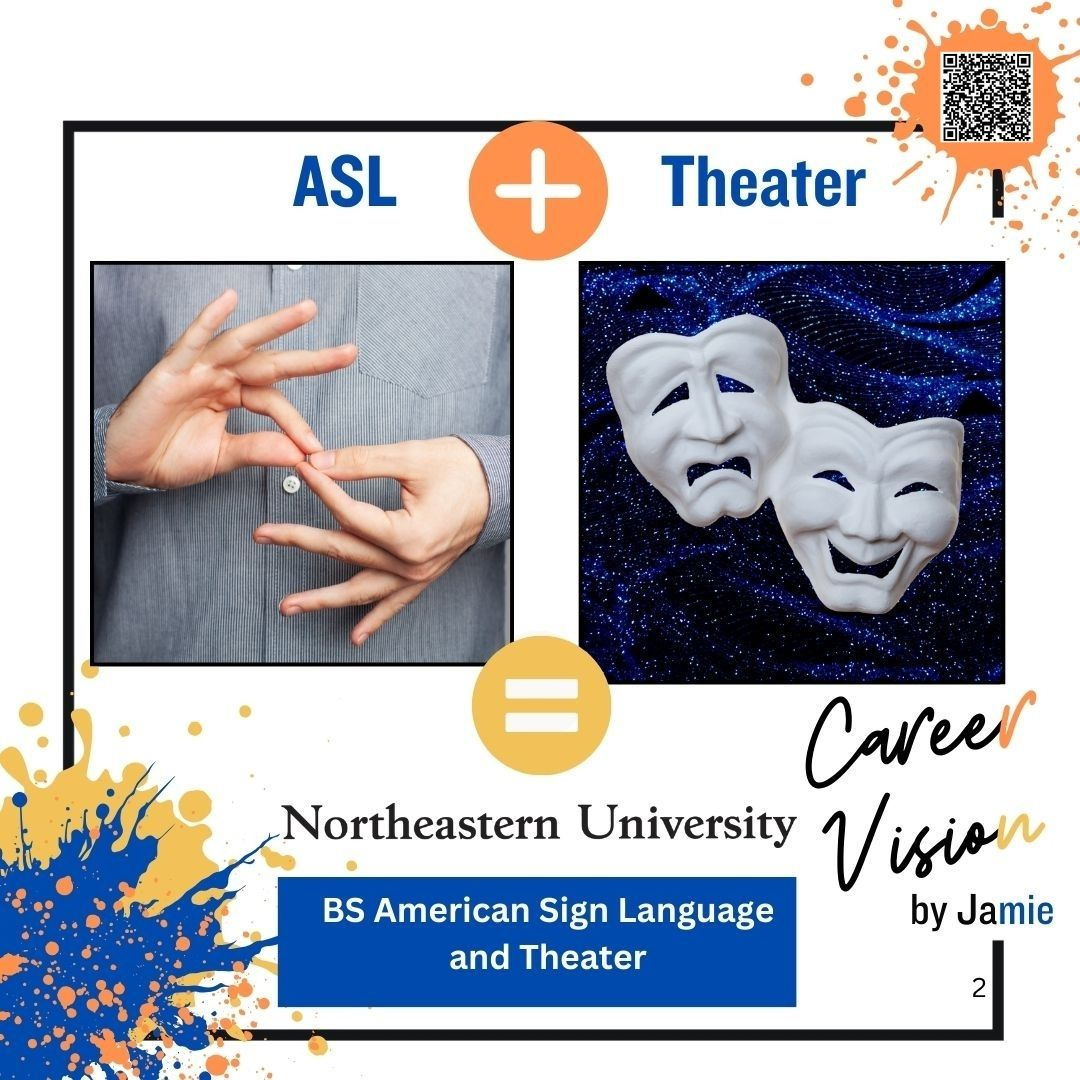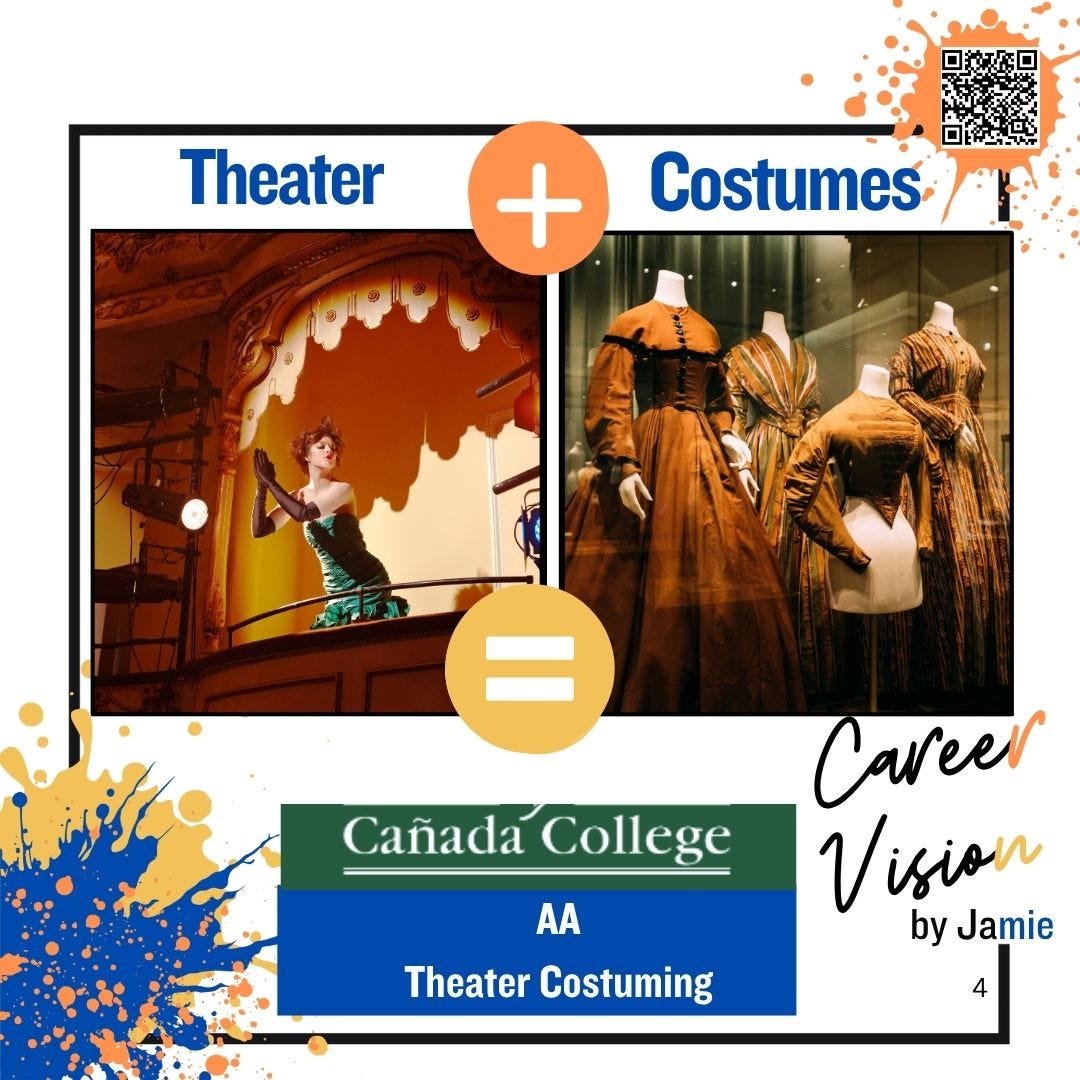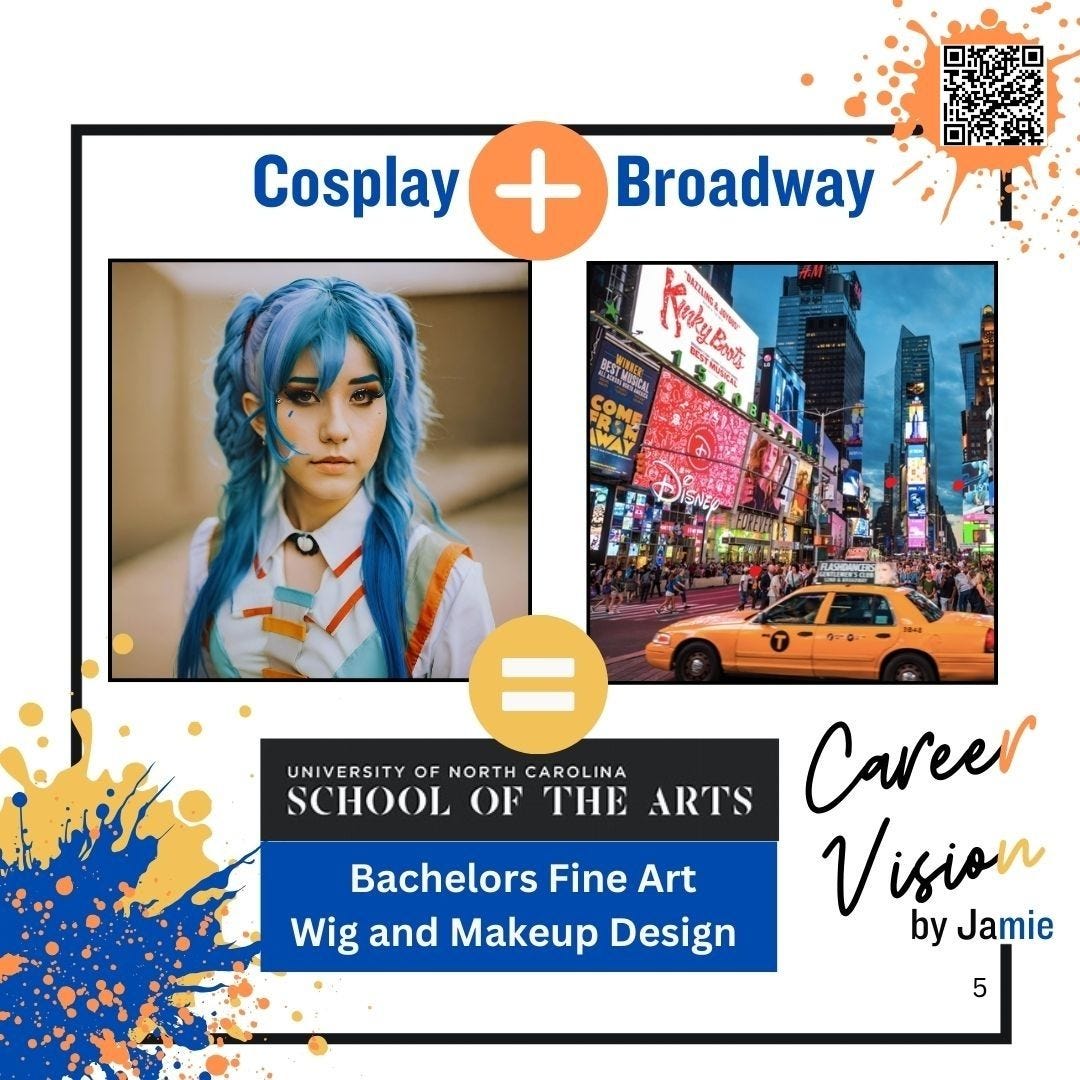College Majors and Educational Training Programs: Theater
Performing isn't the only path for Theater Lovers drawn to the Stage
Working With Broadway, Not On Broadway
Since my daughter was in second grade, I have trained her to say:
“When I grow up, I want to work with Broadway,” not on Broadway.
It’s a simple shift.
And now, as an 18-year-old, she is building a resume full of practical, applicable skills that will allow her to work in the world of theater in endless capacities.
Do You Need a Theater Degree?
Theater is one of those industries where you don’t technically need a bachelor’s degree to work in that world, but a degree can help give you:
Experience
Skill sets
Connections
Structured training
Still, it’s worth asking — is that degree the best way to gain those things?
The Math Behind a Performing Arts Degree
My advice to families with students looking at performing arts:
Take the total cost of the degree.
Divide it by the number of classes the student will take.
Then look at each class and ask:
Is this the best use of that money?
Example:
Does the student want to pay $2,500 for a class on Shakespeare, ballet, lighting, script analysis, history of theater, or prop-making?
Or is there a better use of that $2,500 per class — or another way to acquire that skill more cost-effectively?
Especially with BFAs, students have to audition, and may only get accepted into a small handful of schools. That can leave them feeling lucky to get in — even if the program doesn’t fully fit.
Our Litmus Test
Last year, I pulled a list of BFAs in Musical Theater, Acting, and Tech Theater.
Here’s what I did:
Copied and pasted all class descriptions into a doc
Standardized the font
Printed and labeled them
Cut them into squares
Laid them out on the floor, totally mixed up
Then I had my daughter sort them into three piles:
✅ “Yes, I can’t wait to take this!”
This is so exciting. When can I start? Can I take this twice?
😐 “Meh, I’ll survive.”
I may skip it a few times or be late if it’s early in the morning, but I’ll do it since it’s required.
❌ “Heck to the nah.”
I’d rather go to the dentist than take this class.
Her Discovery
She quickly discovered what I’ve known for four+ years — but waited for her to uncover in her own time:
A BFA was not for her.
She has too many theater interests, and most programs can’t offer the blend of skill sets she wants as they span between acting, singing, stage management, tech theater, hair and makeup, set construction, costuming, prop design, etc..
For her, a better use of $2,500 per class (and her time and resources) is:
Not doing a degree
Instead, doing workshops, training, and building a resume
Her Fall Plan
So what is she doing this fall as a new high school grad who loves musical theater. Technically she already has 26 community college units done from high school so she is not “behind” by traditional standards.
Enrolling in free skill-based community college classes for credit through our free local Promise Grant
Welding
Ceramics
Sculpture
Guitar
Black & white photography
Cinematography
Doing drop in cultural dance classes
Auditioning at a local musical theater company where she may also try and help with with hair, makeup, or props
Continuing to do makeup looks at home (practicing eras + characters)
Taking classes at Stan Winston School of Character Arts where she may combine her community college classes with Stan Winston courses to actually build the things she’s learning.
Stan Winston vs. BFA
Remember the litmus test we did with BFA programs?
We did it with Stan Winston too — and she wanted to take nearly every single class. Stan Winston is an Unlimited subscription to video classes and only costs $400/year. While it is not a formal degree or in person it is taught by industry professionals, is self-paced, and she can apply it immediately to theater, classes, and her Halloween costume while building a portfolio. This path lets her experiment, and figure out what she truly enjoys — and if she ever wants more formal instruction, she can pursue that later.
What If She Needs a Degree Later?
If she eventually wants to:
Teach in a public school
Work at a college
Apply to a job that requires a degree
Then she’ll look into it.
But right now? She can’t wait to build her resume by gaining skills in areas she wants to work in — even temporarily.
Theater Isn’t Linear
That’s the beauty of theater. She can join a show or a tour for a season. One job might last 3 months — then shift to something new. This is perfect for her as she has 30+ jobs she’d love to try over the next 50 years. That’s totally doable when your mindset is:
“I want to work with Broadway, not on Broadway.”
Got a Theater Teen Who’s Unsure About the Major?
If your teen loves theater but doesn’t love all the classes in the major — here are some other ways to stay in the world of performing arts.
This is a growing resource, so be sure to subscribe if you want to see more when I add new ideas.
Want to download these for printing, to put in a digital frame, or add to a presentation? Get it here.
Simply taking a few seconds to like or share this post or commenting on this post helps share this with others and helps people discover my work. Thanks for helping.
This is a growing resource so make sure you subscribe to get updates as I add more.













